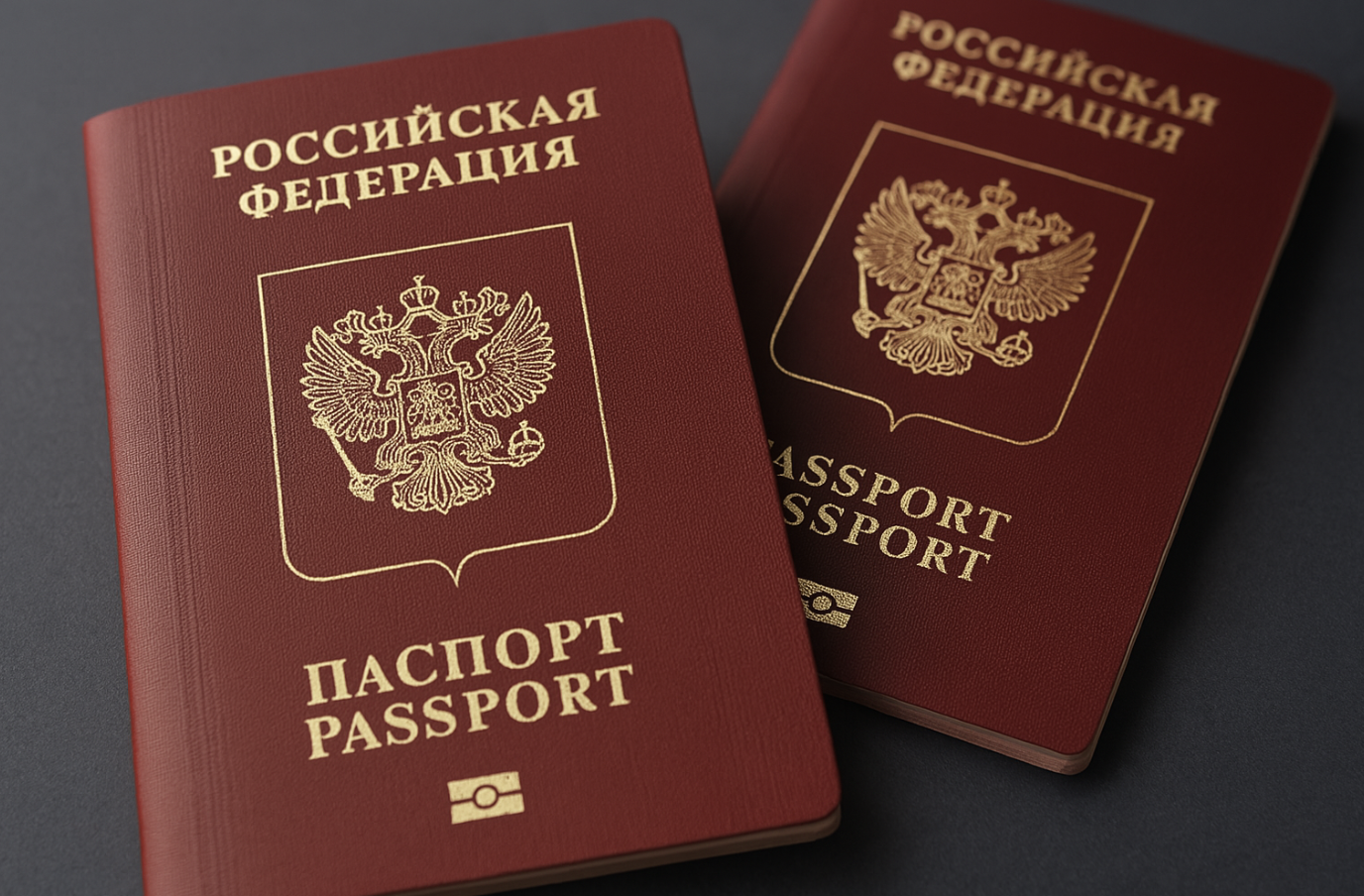read also
 Attack on Dubai, February 28, 2026: Timeline of Events and Impact on the Real Estate Market (Updating)
Attack on Dubai, February 28, 2026: Timeline of Events and Impact on the Real Estate Market (Updating)
 Russians in Israel Join Forces to Leave: War in the Middle East
Russians in Israel Join Forces to Leave: War in the Middle East
 War in the Middle East: Risks for Tourists
War in the Middle East: Risks for Tourists
 Middle East Airspace Faces Flight Disruptions
Middle East Airspace Faces Flight Disruptions
 Unexpected Destination Tops 2026 Travel Trends
Unexpected Destination Tops 2026 Travel Trends
 Norway House Prices Hold Steady
Norway House Prices Hold Steady
Tourism & hospitality / News / Migration / Russia / Tourism Russia / Estonia / Tourism Estonia 02.04.2025
Estonia Stops Recognizing Non-Biometric Russian Passports

As of March 31, 2025, Estonia no longer accepts non-biometric Russian international passports for entry or visa applications. The decision was confirmed by the Estonian Ministry of Foreign Affairs and applies to all border crossing points — land, air, and sea.
What Does This Mean?
From now on, non-biometric passports — those without electronic chips — are no longer recognized as valid travel documents for entering Estonia or applying for Estonian Schengen visas.
The rule applies regardless of the traveler’s age, and no exceptions are made for short-term stays or tourism purposes.
Are There Any Exceptions?
Yes. The Ministry stated that residents of Estonia and other EU countries holding valid residence permits will be granted a transition period:
Entry using a non-biometric passport is permitted until September 30, 2025, if the person holds a valid residence permit.
During this period, affected individuals are encouraged to apply for a biometric passport to continue traveling without restrictions.
Why the Change?
The Estonian Foreign Ministry explained that non-biometric Russian passports do not meet ICAO standards (International Civil Aviation Organization). These documents lack embedded chips, making it impossible to verify the holder’s biometric data and increasing the risk of identity fraud.
The decision follows a broader trend of enhancing border control and document verification processes in the Schengen Area.
Estonia is not alone. The Czech Republic introduced a similar measure on July 3, 2024, and Denmark has also announced it would no longer accept non-biometric Russian passports.
As a result, Russian citizens planning to travel to EU countries are advised to check their passport type and ensure it is biometric and machine-readable to avoid disruptions.


